Primary Faculty
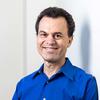
Distinguished University Professor, Department of Bioengineering
Research Interests: Investigating the relationship between brain structure, activity, and function from the cellular level to the circuit level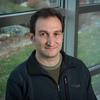
Professor, Bioengineering and Mechanical Engineering
Research Interests: Stroke, cerebral aneurysms, blood flow, image-based modeling, patient-specific modeling, computational fluid dynamics, hemodynamics, modeling medical devices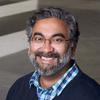
Associate Professor, Department of Bioengineering
Research Interests: Medical ultrasonics and photoacoustics drives innovation in biomedical imaging and tissue characterization
Assistant Professor, Department of Bioengineering
Research Interests: Mechanisms and functions underlying the formation of memory and memory-guided navigation with a focus on the septohippocampal brain circuitry
Professor, Department of Bioengineering
Research Interests: Biomaterials, Molecular Cell Biology, and Tissue Engineering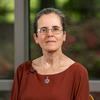
Associate Professor, Department of Electrical and Computer Engineering; Affiliate Faculty in Bioengineering
Research Interests: Biomedical Applications of Robotic Systems, epidemiology applications, biomimetic and MEMS design for field, analog/digital circuit design for robots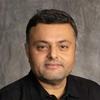
Chair, Professor, Department of Bioengineering
Research Interests: Biomaterials, Tissue Engineering, Nanomaterials, Surface Modification, Orthopedic and Cardiovascular applications.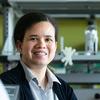
Associate Chair (Undergrad Programs) and Term Associate Professor, Department of Bioengineering
Research Interests: Closed-loop neuroprosthesis, peripheral nerve stimulation for restoration of function, and deep brain stimulation
Assistant Professor, Department of Bioengineering and Department of Mechanical Engineering
Research Interests: Bio-medical robots, soft robotics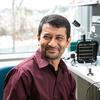
Professor, Department of Bioengineering
Research Interests: Biomechanics, Assistive Technology, Biomedical Imaging, Musculoskeletal Modeling, Neuroengineering, Neuroprosthetics, Rehabilitation Engineering, Sensorimotor Integration, Ultrasound
